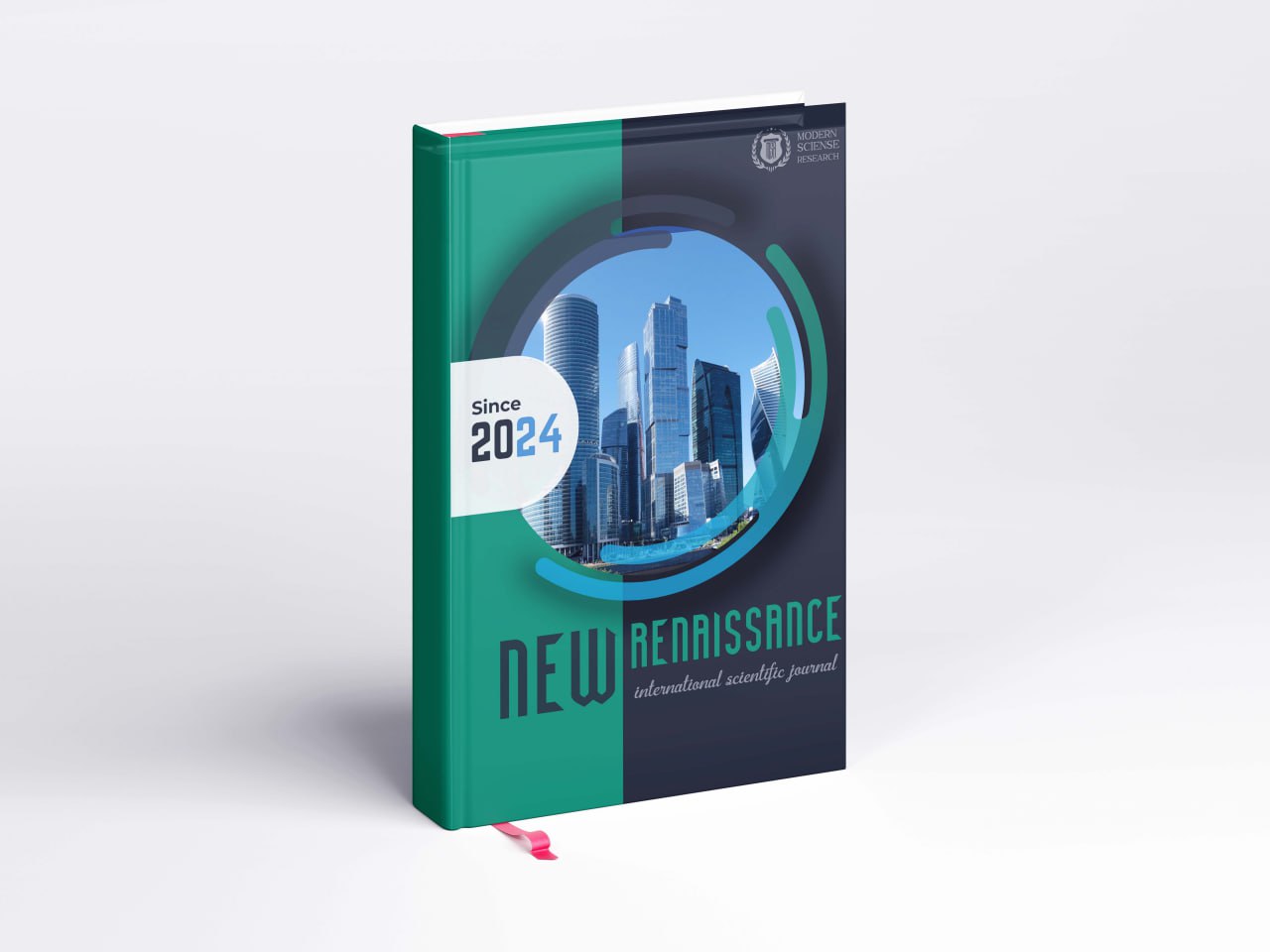Аннотация
This article explores the didactic potentials of using mobile applications and digital technologies in the process of teaching English. The concept of mobile learning (m-learning), its significance in modern education, and its role in fostering learners’ independence, interactive communication, and language skills are theoretically analyzed. Furthermore, the possibilities of enhancing motivation, communicative competence, and learning effectiveness through mobile applications are examined from a scientific and pedagogical perspective.
Библиографические ссылки
Kukulska-Hulme, A. (2009). Will Mobile Learning Change Language Learning? ReCALL, 21(2), 157–165.
Traxler, J. (2018). Learning in the Mobile Age: The Future of Mobile Learning. Educational Technology, 58(1), 44–51.
Godwin-Jones, R. (2017). Emerging Technologies: Smartphones and Language Learning. Language Learning & Technology, 21(2), 3–17.
Stockwell, G. (2016). Mobile Language Learning: Innovation and Challenges. The Language Teacher, 40(2), 25–30.
Prensky, M. (2010). Teaching Digital Natives: Partnering for Real Learning. Thousand Oaks: Corwin Press.
Xudoyberdiyeva, N. (2022). Raqamli pedagogika va mobil o‘qitishning metodik asoslari. Toshkent: TDPU nashriyoti.
O‘zbekiston Respublikasi Prezidentining PQ–3775-son qarori. Ta’lim tizimida raqamli texnologiyalarni keng joriy etish konsepsiyasi. Toshkent, 2022.
Abdusubxon o‘g‘li U. S. REASONS AND SPECIFIC ADVANTAGES OF TEACHING PHYSICS IN MEDICAL INSTITUTES //American Journal of Philological Sciences. – 2024. – Т. 4. – №. 12. – С. 26-31.
